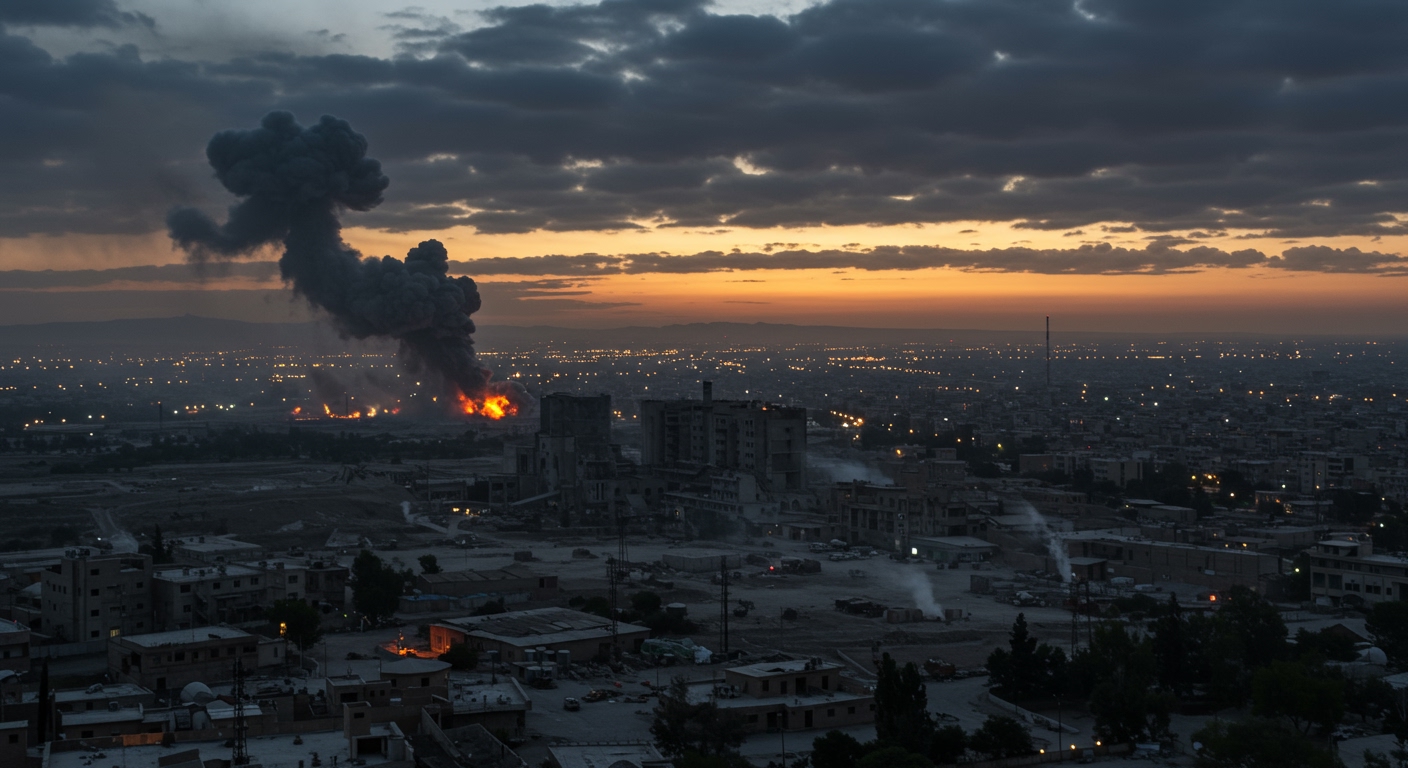In a day marked by significant developments across domestic and international arenas, major news has emerged from India’s political landscape, groundbreaking scientific research, and volatile geopolitical hotspots.
Bihar Assembly Elections Scheduled for November
The Election Commission of India has officially announced the schedule for the upcoming Bihar Assembly elections, a crucial political event for the state. Voting will be conducted in two phases, with the first round set for November 6 and the second on November 11. The results will be declared on November 14, bringing an end to the high-stakes electoral contest. This election cycle is particularly notable as it follows a Special Intensive Revision of the state’s electoral rolls, resulting in a finalized voter list of over 7.4 crore eligible electors, including approximately 14 lakh first-time voters. The political battle is expected to be a direct confrontation between the ruling National Democratic Alliance (NDA) and the opposition Mahagathbandhan, with the burgeoning Jan Suraaj Party also set to contest. Chief Election Commissioner Gyanesh Kumar described the polls as the “mother of all elections” and assured that measures are in place to ensure a smooth and peaceful process, including efforts to combat misinformation and the appointment of dedicated observers for each of the 243 constituencies.
Nobel Prize in Physiology or Medicine Honors Immune System Discoveries
This year’s Nobel Prize in Physiology or Medicine has been awarded to scientists Mary E. Brunkow, Fred Ramsdell, and Shimon Sakaguchi for their foundational discoveries concerning peripheral immune tolerance. Their groundbreaking work identified regulatory T cells (Treg cells), which act as the immune system’s “security guards,” preventing it from mistakenly attacking the body’s own tissues. This discovery has been pivotal in understanding autoimmune diseases and has opened new avenues for medical treatments. The research, which began with Sakaguchi’s key findings in 1995 and was furthered by Brunkow and Ramsdell’s identification of the crucial Foxp3 gene in 2001, has led to the development of potential therapies for conditions like Type 1 diabetes, rheumatoid arthritis, and cancer, many of which are currently undergoing clinical trials. The Nobel Committee highlighted that their work has decisively launched the field of Treg cell-mediated peripheral immune tolerance, revolutionizing the understanding of immune regulation.
Cuttack Imposes Curfew Amidst Communal Tensions
In Cuttack, Odisha, authorities have imposed a 36-hour curfew across several parts of the city following fresh incidents of tension and clashes that erupted during Durga Puja idol immersion. The curfew, which began Sunday night, is accompanied by a suspension of internet services to prevent the spread of misinformation and inflammatory messages. The unrest reportedly stemmed from disagreements during a procession, escalating into violence that resulted in injuries. Heavy police forces have been deployed to maintain law and order, with essential services exempted from the restrictions. Chief Minister Mohan Charan Majhi has urged citizens to uphold peace and harmony while assuring strict action against those responsible for disrupting public order.
Gaza Conflict Diplomacy Intensifies Amidst Political Divisions
International focus remains sharp on the Gaza conflict, where indirect negotiations between Israel and Hamas are underway in Egypt, mediated by the United States. US President Donald Trump is actively pushing for an end to the war, advocating for a peace plan that includes the release of all hostages and the disarmament of Hamas. However, Israeli Prime Minister Benjamin Netanyahu is navigating intense domestic pressure. While hostage families and a war-weary public urge an end to the conflict, his far-right coalition partners, including Finance Minister Bezalel Smotrich and Security Minister Itamar Ben-Gvir, are vehemently opposing any cessation of military operations, threatening to collapse the government if the war concludes. The ongoing talks aim to achieve a ceasefire and a hostage-prisoner exchange, though significant hurdles, particularly regarding Hamas’s disarmament, persist.
India-Pakistan Border Rhetoric Escalates
Amidst broader regional tensions, Pakistan’s Defence Minister Khawaja Asif has issued a stern warning to India against initiating any future military conflict. Asif’s remarks come on the heels of cautionary statements from India’s Defence Minister Rajnath Singh and Army Chief General Upendra Dwivedi, who had warned Pakistan against sponsoring terrorism and hinted at a resolute response to any misadventure. Asif characterized the Indian pronouncements as a “failed attempt” to restore credibility, referencing past military engagements. The exchange underscores the fragile security dynamics between the two nuclear-armed neighbors.
These current events highlight a complex global landscape, with significant political, scientific, and security developments unfolding simultaneously, shaping the trending news narrative.














